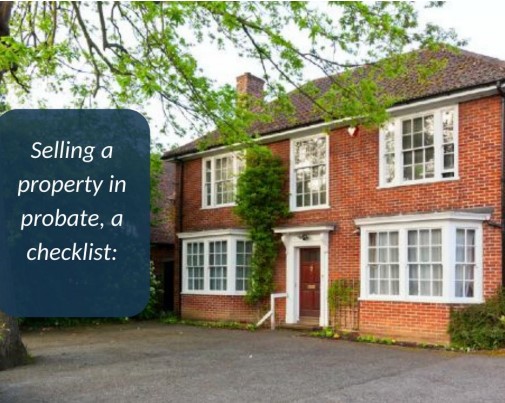Is the budget about to drive up the cost of renting in the UK?
Landlord’s could see their profits reduced as the Chancellor targets the buy-to-let market
As reported in the Daily Telegraph, landlords across the UK are set to see their profits decrease after George Osbourne announced in this week’s budget that he is reducing tax relief on privately rented homes, in an attempt to stop the economic risk posed by the ever-improving buy-to-let-market.
Osbourne stated that the income tax relief currently enjoyed by landlords is set to be cut to the basic rate, currently standing at 20%. The measure, which will attempt to counter the ‘unfairness in property taxation’, will be slowly phased in from 2017.
Buy-to-let landlords can offset their mortgage interest payments against their income, whereas homeowners who live in their properties cannot, he further explained.
Last week the Bank of England warned that a surge of people joining the buy-to-let market posed a risk to the financial stability of Britain, causing house prices to inflate while reducing the number of homes available for first-time buyers.
The increased popularity of buy-to-let investments has been attributed to the pensions freedom initiative which came into force in April and enabled individuals over the age of 55 to withdraw their pension in one lump sum, with a large proportion deciding to invest it in property.
Paul Emery, a tax partner at PwC, believes that the current policy “is a mistake”.
“Clearly this is going to make landlords put up rents and does nothing to resolve the bigger issues of a lack of housing supply and credit availability which is creeping up,” he said.
He stated that landlords could incur losses on their buy-to-let property when interest rates eventually increase and converge with yields.
“At the moment there is a tonne of liquidity, low interest rates and yields are healthy, but if you are a high rate tax payer, when we come into a normal market, your effective tax rate could be in excess of 100% on your profit.”
He further stated that people saving for their retirement by squirreling away the income they make from renting out their property will be furious.
Phil Nickin from the consultancy, Deloitte, agreed.
“The measure will almost double the effective cost of borrowing for a taxpayer on the highest rate of tax. Currently interest payments of £100 only cost £55 after tax relief, but will cost £80 from 2020. A landlord who borrows at even a modest level might end up paying more in tax than he makes in profit.”
Genevieve Moore, a partner at chartered accountants Blick Rothenberg was also damning about the move.
“This is likely to impact many of Britain’s workers who have saved hard and invested in property to supplement their retirement. We could see a flood of buy-to-lets being sold as the squeezed middle bow out of the rental market,” she explained.





